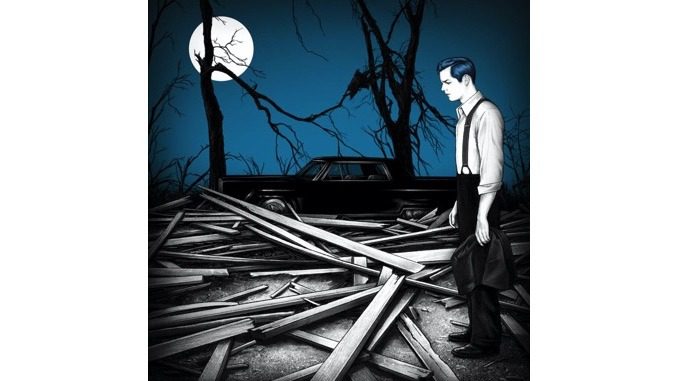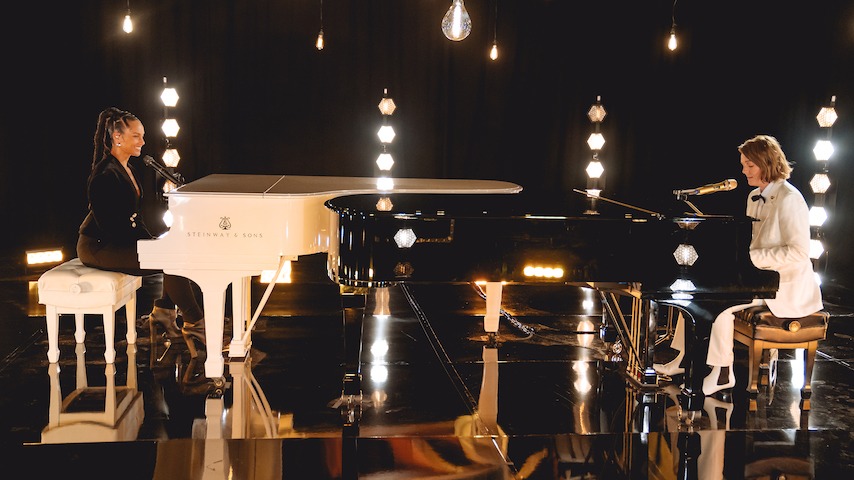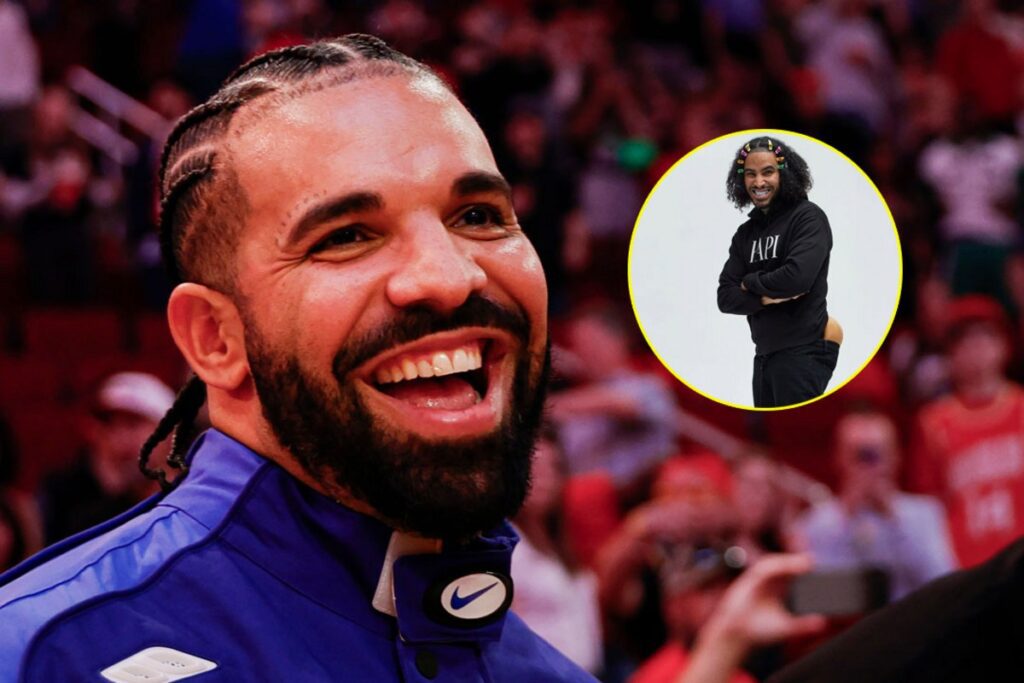Not many musicians over the past quarter-century have built as enviable a body of work as Jack White has. Yet for all his success with The White Stripes, The Raconteurs and The Dead Weather, his solo albums are a decidedly mixed bag. Maybe that’s because he works best when his projects have a tightly defined identity or aesthetic. Maybe he simply needs a creative foil, like Meg White or Brendan Benson, his co-conspirator in The Raconteurs. Whatever the reason, White is at his best when he’s at his weirdest, and his solo albums have been only intermittently unhinged.
He nailed it in 2014 on Lazaretto, an album full of off-kilter jams that could only have come from Jack White. He created an operatic melodrama on “Would You Fight for My Love?” and paired snarling guitar with a little burst of Spanish-language braggadocio on the title track (“como en madera y yeso” just rolls off the tongue). “That Black Bat Licorice” was black batshit crazy as White delivered rapid-fire vocals packed with obscure references to hearses, Roman architecture and a proselytizing Christian comic book artist, while a bright, grinding riff circled menacingly around each verse until, for some reason, a keening violin part took the song home. The album seemed to exist in a stylized world that White had created specifically for it.
In contrast, the experimentalist tendencies on 2018’s Boarding House Reach fell flat, as if White were trying to be different for the sake of being different, rather than channeling his idiosyncrasies into something epic and strange. His latest, Fear of the Dawn, emphasizes his blustery side, with mixed results. It’s a loud album, full of stomping rhythms and stadium-sized riffs. That’s an aesthetic, sure, but one that tends not to allow for nuance or shifting musical dynamics—two key components of White’s most interesting work.
Fear of the Dawn signals its intentions right away on opening track “Taking Me Back,” which starts with a squall of feedback that’s quickly overtaken by a bristling thicket of aggressive guitars and smashy drums. Even the bassline pushes into the red on “Into the Twilight,” a song where the most prominent feature is a snare drum so taut and compressed that it sounds like someone bouncing a golf ball off the inside of your skull over and over. A few tracks later, “That Was Then (This Is Now)” finds more of a balance as videogame synths gurgle around the pounding guitar, and the song shifts back and forth between a sense of tightly coiled restraint and galloping abandon.
For all the speaker-rattling volume of Fear of the Dawn, there are moments of oddball inspiration. “The White Raven” is one of them. There’s guitar that evokes the juddering blare that results when the input jack isn’t plugged all the way into an audio source, filthy whorls of wah-wah guitar and, for a moment, crystalline wordless vocals, and White shrieks out inscrutable lyrics like he’s trying to keep the sludge-fest bassline from pulling him under—Dr. Frankenstein holding his monster at bay. He goes one better on “Hi-De-Ho.” The track opens with a sample of Cab Calloway’s 1943 song “Hi De Ho Man” before yielding to a sinister spy-movie bassline that propels rhymes from the rapper Q-Tip, who unspools references to music and basketball in his distinctive reedy voice. It could be a tribute to an icon of big band swing, an exhortation to choose your own creative path or some combination of the two.
Whatever the case, it’s the most memorable track on the album, even if it would be a stretch to rank the song among either artist’s strongest work. Rather, it’s a reminder of how interesting White’s music can be when he opens himself up as a conduit for his most eccentric musical impulses and lets his creative id run wild. Though it has its moments, Fear of the Dawn isn’t quite wild enough.
Eric R. Danton has been contributing to Paste since 2013, and writing about music and pop culture for longer than he cares to admit. Follow him on Twitter or visit his website.




